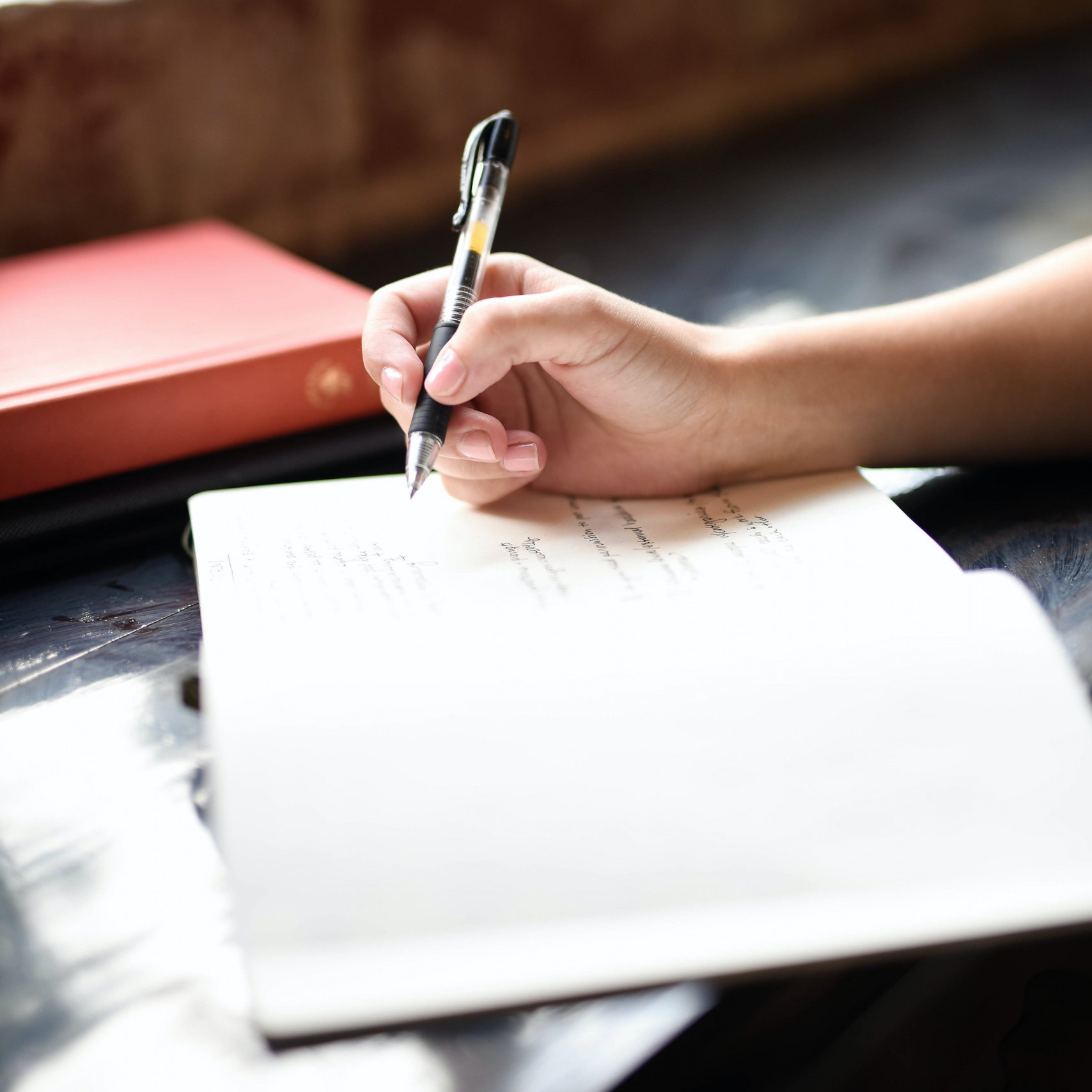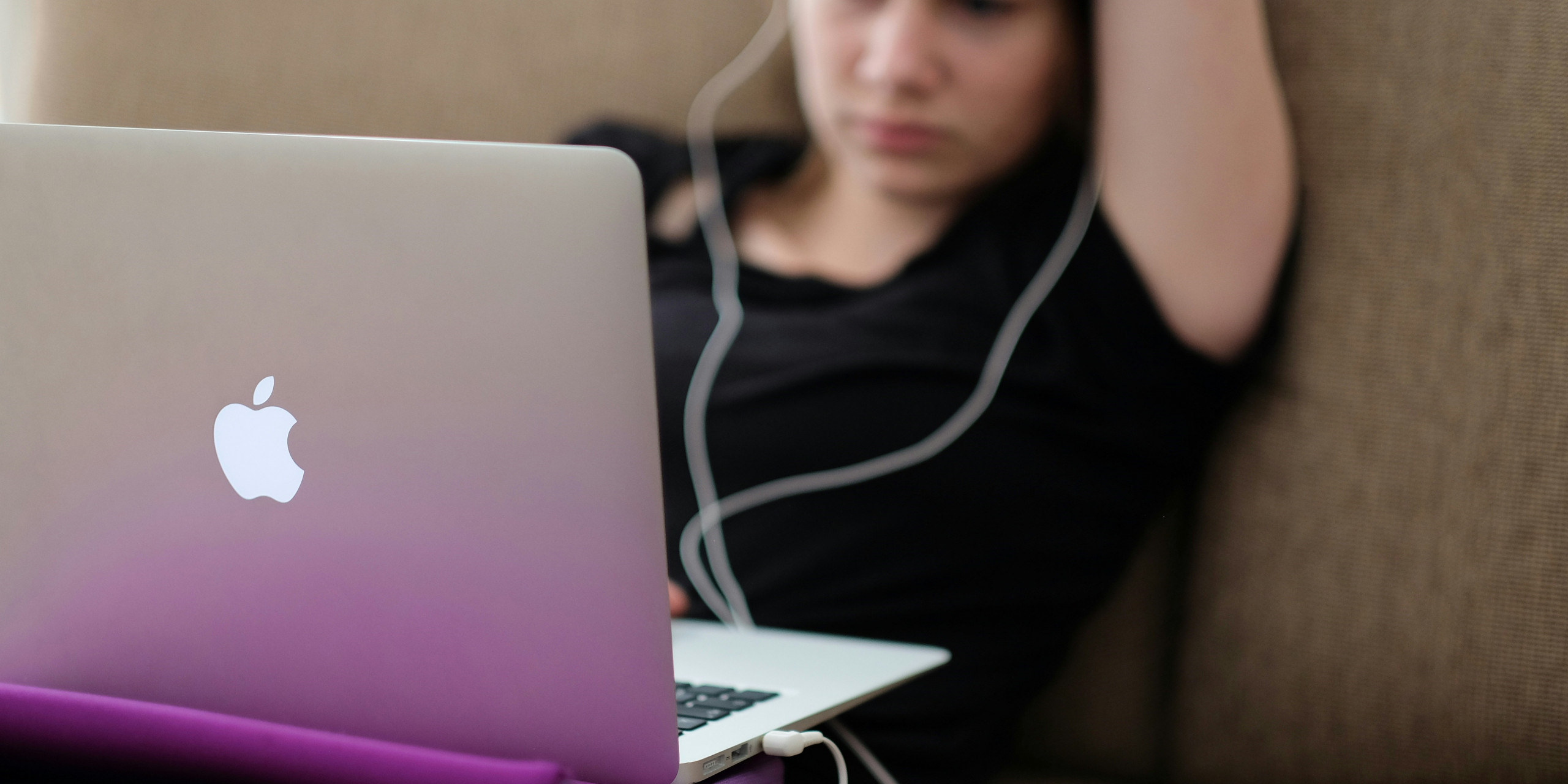Body Image in Young People and Children
What is Body Image?
Body image is a combination of different thoughts and feelings that you may have about your body. It is a permanent construction that can start during childhood and may impact you throughout the rest of your life. A positive body image can be associated with better self-esteem, better mental health, and fewer unhealthy eating habits. Having a negative body image as a child may be a risk factor for the development of mental health problems in later ages.
There are four different aspects of body image.
What Influences Poor Body Image?
There are a number of influences that can increase the risk of developing a negative body image, a few of the main ones include opinions of family and friends, body size and weight stigma and of course, social media.
Social media makes us feel like we have to look and feel a certain way or be a certain weight which can cause us to change our eating behaviours. A study conducted in 2023, looked into the social media usage in young people and suggested that they are more likely to experience body image concerns, eating disorders and poor mental health to try and fit in the ‘thin’ or ‘fit’ body ideal to align with society’s standards.
Body image directly influences our self-esteem, as well as our feelings, thoughts and behaviours. People with body dissatisfaction can become fixated on trying to change their body shape, which can lead to unhealthy practices with food and exercise.
House of Commons (2021) found that 66% of under 18s reported to feel negative about their bodies.
36% of girls and 24% of boys reported avoiding taking part in activities like physical education in school due to worries about their appearances.
And 70% of children had not learnt about body image in school.
Learning about body image in school would give children and young people the understanding that growth and weight gain are normal parts of development, especially in puberty. It also allows children to understand and recognise thoughts and feelings, which would help them to develop coping strategies and promote self-esteem and resilience.
It is important for schools to teach children to be happy with who they are and to celebrate difference and diversity.
Impacts of Poor Body Image
Negative body image can have many impacts on young people and children including:
—–
Eating problems include changing what you eat, how much and how often. Peer pressure around body shape, dieting and weight loss may contribute to the increasing prevalence of eating disorders. Some physical signs include the thinning of hair, dry skin, wearing baggy clothing and often complaining about being cold.
How to be Body Positive
Try practicing these tips to help improve body image and self esteem:
Positive Affirmations – These help you believe in yourself and that you are capable. They can help you overcome fear and self-doubt.
Surround yourself with positive people – This can include friends and family that make you feel good about yourself.
If you wouldn’t say it to your friends, don’t say it to yourself
Block negative body image social media accounts – Instead follow accounts that spread positivity and promote self-love. Follow accounts that make you feel empowered.
Get rid of clothes that no longer fit and instead buy clothes you feel great in
Don’t compare yourself to others or your younger self – Everybody is different and our bodies change and evolve over time.
Challenge negative thoughts – This can be done by building yourself up with positive, balanced thoughts.
However…
It is understandable that being body positive isn’t easy and instant. It can also be unrealistic to a lot of people, especially to those who report being unhappy about their body.
Instead, body neutrality is a recently new concept that aims for self-acceptance over self-love. Body neutrality is the act of taking a neutral stance towards your body, both emotionally and physically. It promotes the acceptance of your body as it is and encourages you to recognise its abilities and non-physical characteristics over your appearance.
Body neutrality is realistic and obtainable for many.
A negative body image is more common than you think.
Statistics form 2020 found that 61% of adults feel negative about their body most of the time and 66% of children feel negative about their body most of the time.



